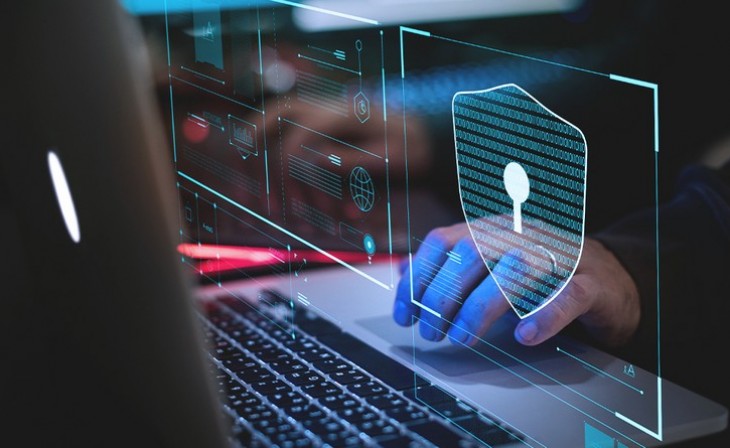YouTube censors videos on ethical hacking that are for educational purposes
What is YouTube doing with these videos?
It seems that YouTube is sending "strikes" or notices to content creators who have uploaded videos related to cybersecurity, more specifically about ethical hacking where it is explained how a system can be violated, but all for educational purposes, so that users can learn how to pentest a machine, and how they should configure it to avoid the security flaws they just exploited. YouTube seems to be directly against this type of content, even if it is solely and exclusively to teach people who love cybersecurity.
Although many of these videos could be "misinterpreted" and used for illegal purposes, to hack into other people's computers, or to steal data with the information, it is still the responsibility of the user himself how he wants to use the information: yes to learn Pentesting techniques in order to protect a system from intruders, or if you want to be a cybercriminal.
The popular creator of cybersecurity and ethical hacking content, S4vitar, suffered these YouTube strikes just yesterday.
The YouTube team is restricting and censoring a very current topic. Rather than label all creators of cybersecurity-related content as "cybercriminals," YouTube should update its policies and make them more permissive, as long as it is information-oriented to teach people.
Google also restricts ads in security tutorials
If you have a website where you write tutorials on security, to audit wireless WiFi networks, tutorials on programs to crack passwords and verify that they are safe or insecure, and you have Google AdSense ads, you should know that Google is also taking measures to avoid this content that they consider "piracy." Any tutorial on cracking passwords to audit your own security, tutorials on WiFi network security, tools to check WPS security, or articles on Kali Linux or WiFiway are flagged as hacking and Google automatically blocks AdSense ads.
The same goes for tutorials on P2P downloads, this marks Google as copyrighted content and blocks the ad server for these pages. In the world of P2P, you can easily download content without copyright.
We hope that very soon Google and YouTube will reconsider the world of cybersecurity and that they will not confuse us with "cybercriminals".




